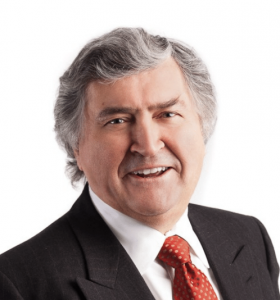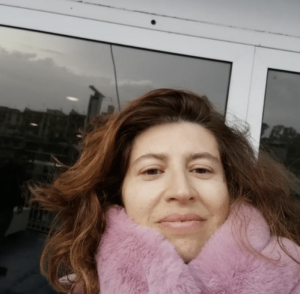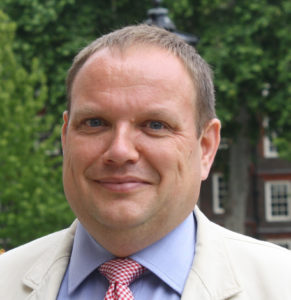Political Theology and Church Restrictions
 Paul Marshal is Wilson Professor of Religious Freedom and Research Professor in Political Science at Baylor University, Senior Fellow at the Hudson Institute, and the Leimena Institute, Jakarta
Paul Marshal is Wilson Professor of Religious Freedom and Research Professor in Political Science at Baylor University, Senior Fellow at the Hudson Institute, and the Leimena Institute, Jakarta
Perhaps the most contentious religious freedom issue raised in the pandemic has been governmental limits on religious gatherings, and not only in the U.S.
We should not exaggerate the resistance by churches and others. The vast majority of churches, mosques, synagogues, and temples have followed government orders. Many of those that have resisted restrictions are often fringe bodies, commonly with ties to the “prosperity gospel.”
Also, churches have been scapegoated. The New York Times ran an op-ed titled “The Road to Coronavirus Hell Was Paved by Evangelicals,” though later changed to the milder but still tendentious “The Religious Right’s Hostility to Science Is Crippling Our Coronavirus Response.” Later it published “Churches Emerge as Major Source of Coronavirus Cases.” However, the article traced only 650 cases to churches, which was, on July 8, 2020, the day the piece was published, only 0.022% of the 2,923,432 reported cases in the U.S., hardly a “major” source.


